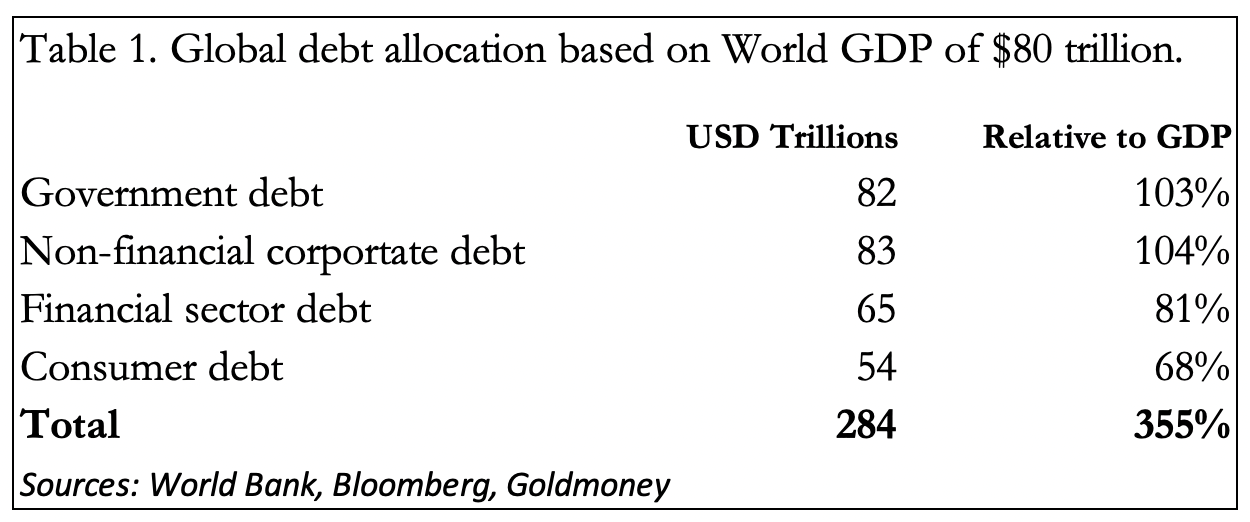‘Women still suffer gender pension gap’ is the title of the article published by the Financial Times (whose subtitle is is that “In developed and developing countries, the risk of old age poverty falls disproportionately on females”). This is an unsurprising finding when we consider that the gender pay gap more broadly largely persists and so, a gender pensions gap is logically expected and, indeed, predicted from this situation. However, what is often not considered in either Free Banking or Gender Empowerment circles is the disproportionate impact the financial crisis and subsequent (unconventional) monetary policy has had on older women in particular.
Unprecedented cuts in interest rates and persistently low ones after the particularly acute phase of the financial crisis (and during the ongoing, depressing phase of it that we are currently experiencing) have worked to hit savers in particular and, since there is a gender pension gap, this works to hit older women in particular. This is even more frustrating when coupled with the consideration that contemporary governments’ austerity policies are seen as having an acutely gendered impact. Indeed, it was found that “Women are less likely than men to receive a pension and the benefits they receive are lower in most countries for which data exists, according to the UN’s Progress of the World’s Women report, released in April. In the EU, the poverty rate among elderly women is 37 per cent higher than among men.”
However, such a monetary policy is only problematic when lower interest rates are imposed upon a population through legally enforced and imposed Central Banking regimes. In a Free Banking regime, where peoples would have a genuine choice to use multiple monies as they see fit and according to their diverse, expectations-management preferences rather than being forced to live their economic lives according to an imposed monetary monopoly that aligns far more so with the preferences of governments and, more specifically, the special interest groups that have the resources to lobby them effectively. People would be able to benefit from a wide variety of exchange rates, interest rates and optimise their preferences accordingly – therefore, savers as well as borrowers would benefit and pensioners (alongside other peoples) could restructure their currency portfolios according to the monies that most suit their needs.
Therefore, although Central Banking has had both an acute and chronic gendered impact, enabling truly Free Banking is likely to have a gender-empowering effect more broadly across societies. Free Banking can and would meet a myriad of social justice objectives; in this instance, it would help alleviate the symptoms of institutional sexism.


